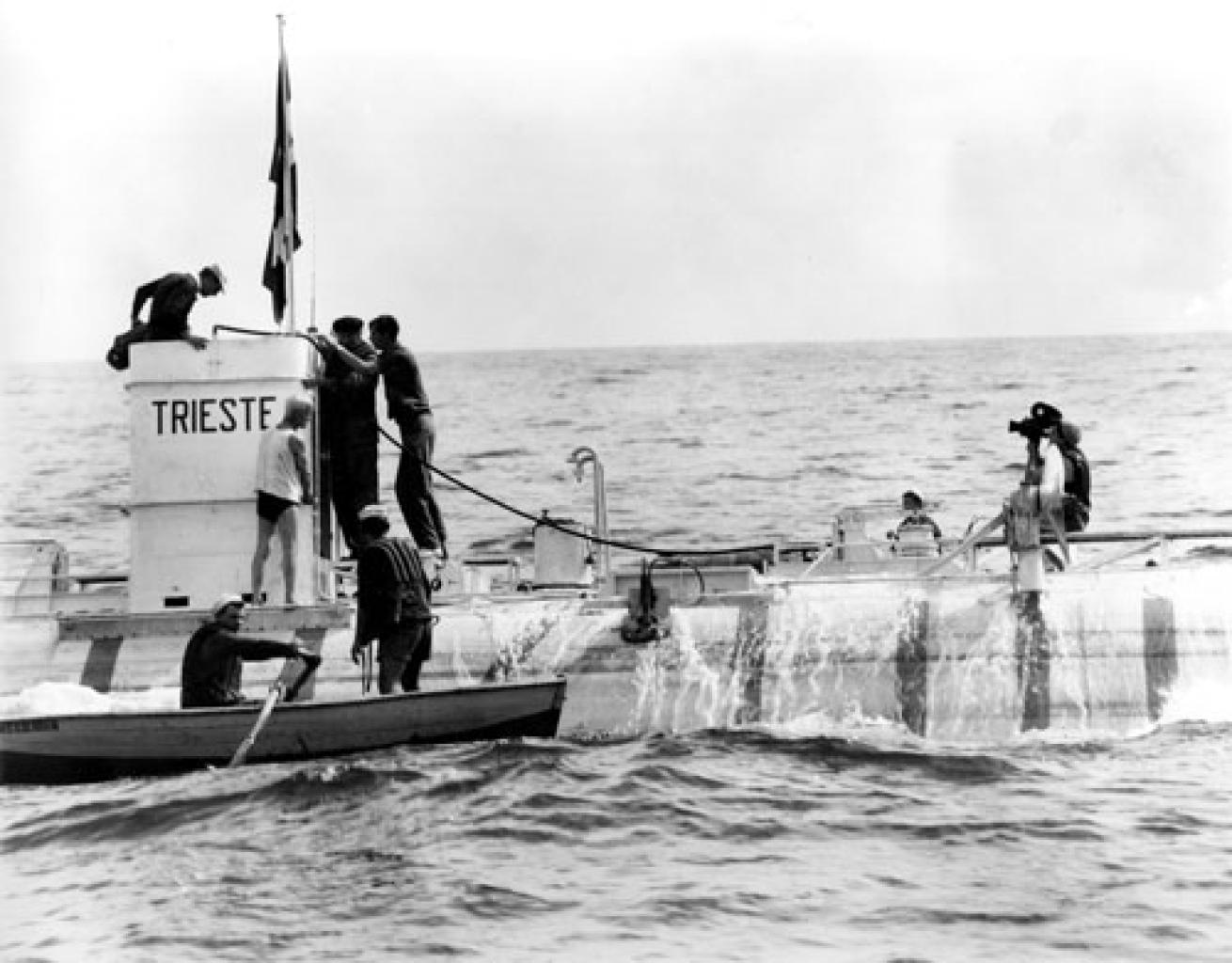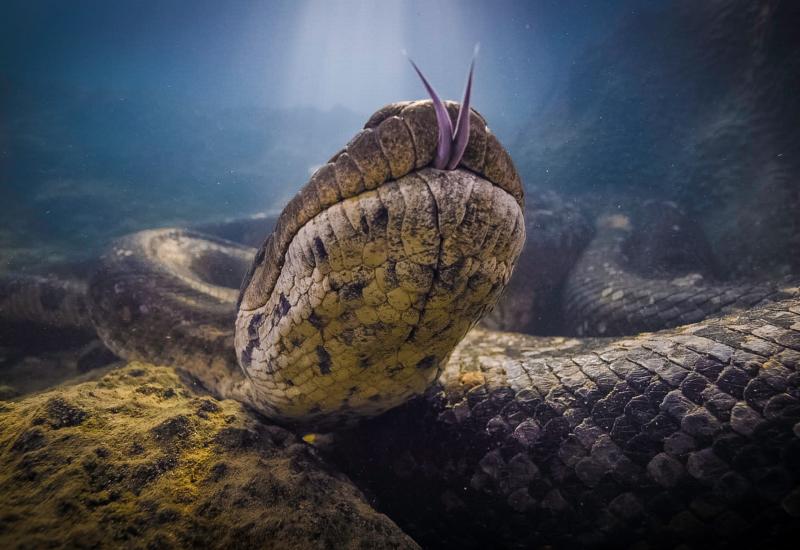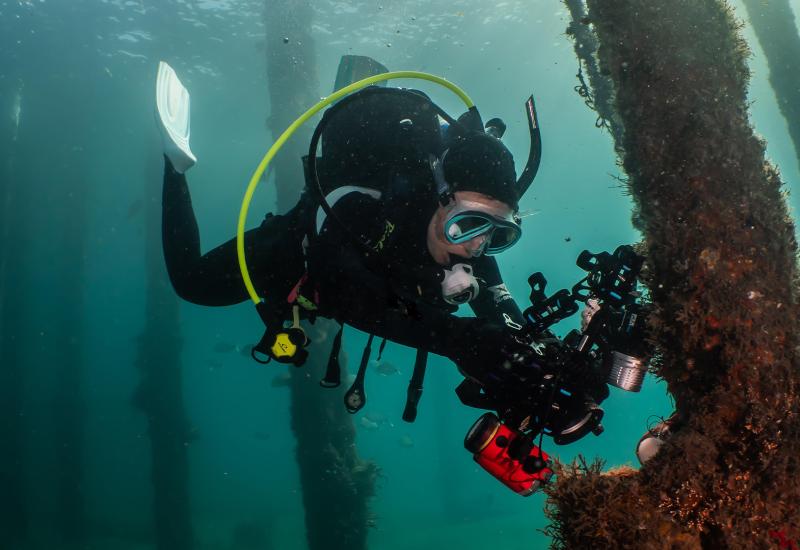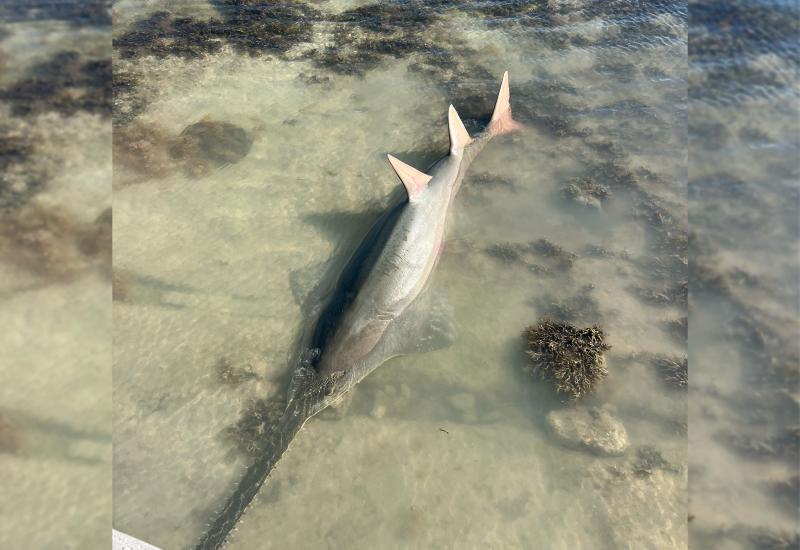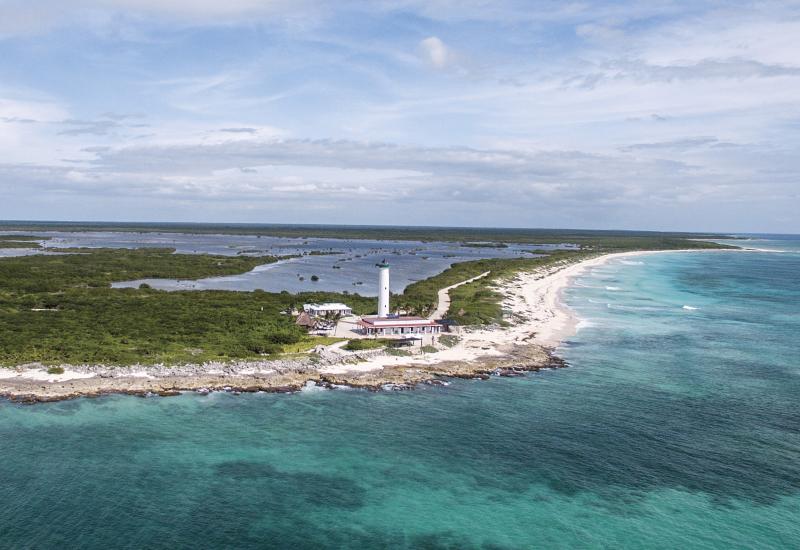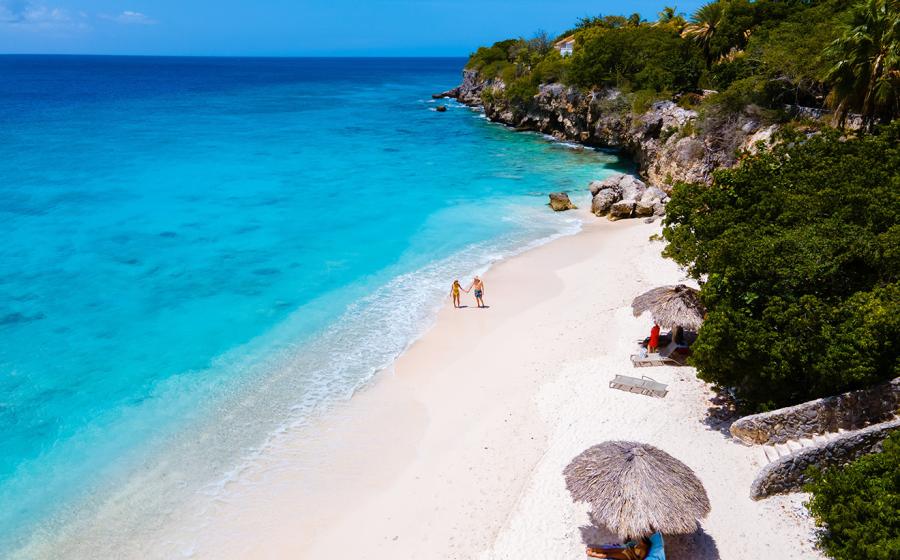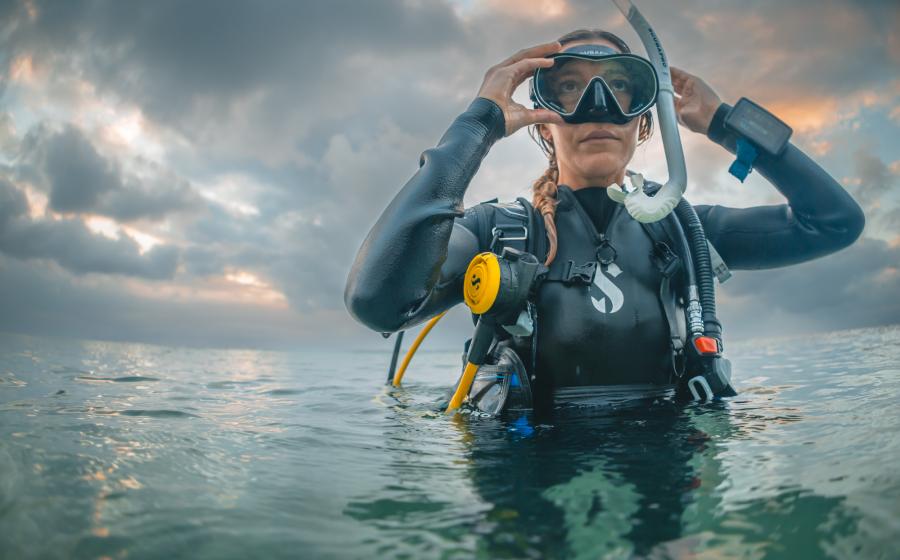Diving to the Deepest Spot on Earth

Deepsea Challenger
Associated Press
What It's Like ... To Dive to the Deepest Spot on Earth
The loud boom could have signaled death. The impact shook the deep-diving bathyscaphe Trieste as Swiss engineer Jacques Piccard and I reached 30,000 feet — just the beginning of our descent to Challenger Deep, the deepest point in the Mariana Trench off Guam. Only the fact that I realized I’d heard it assured me I was still alive.
Our team had been training for the past seven months. We knew what to do. The instruments confirmed that everything was OK. The Plexiglas window that had just cracked under the immense weight — 8 tons per square inch — was not a pressure boundary.
Ours wasn’t a scientific mission, but we knew it would prove invaluable. The vessel had been designed as a radical platform for new research, but before scientists could climb inside, we needed to prove its safety.
We continued on.
The temperature inside dipped to 45 degrees F — only slightly warmer than inside a refrigerator. We were in the perpetual blackness of the abyss, save for the vessel’s lights. Given our targeted destination, we expected to see things nobody had seen before. We watched jellyfish and translucent invertebrates with light-generating organs dance past the porthole.
Then the bathyscaphe settled on the bottom — around 35,800 feet — releasing a mushroom cloud of white silt. It was as if we were swimming in a bowl of milk. Even after 20 minutes, it never cleared. No photographs of our achievement exist. I wish I could say we had said some profound words, but we just shared a quiet moment.
It has been 52 years since our mission to the deepest point of our planet’s oceans. Ever since, people have been asking me if I was scared or excited that day. I wasn’t. It was simply another day at the office for us, albeit one that required eight hours of unrelenting focus. What we felt was akin to what a pregnant mother feels just after delivery. In the end, every bit of energy had been drained from our bodies, but we had done it.
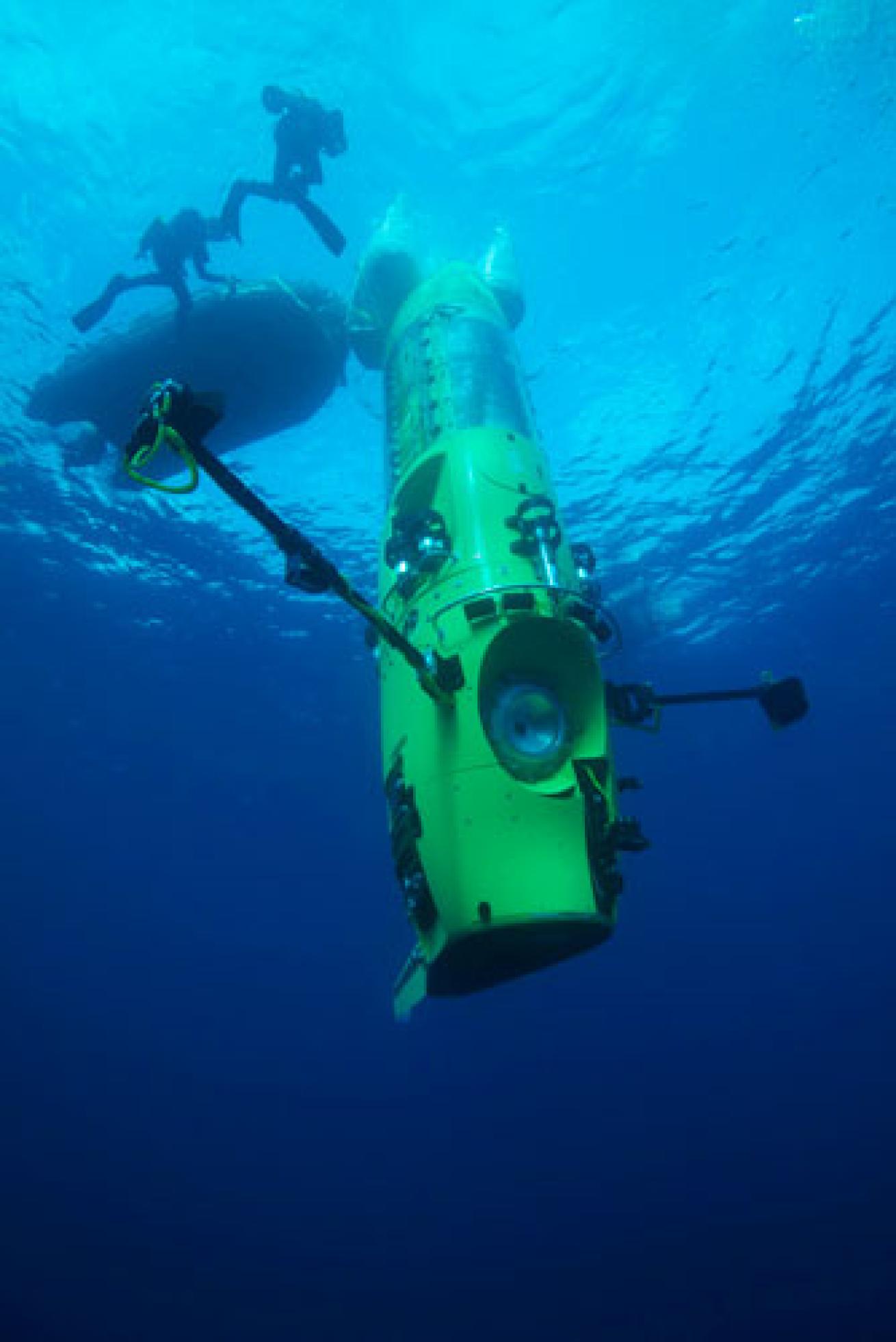
Associated Press
What It's Like ... To Dive to the Deepest Spot on Earth
The loud boom could have signaled death. The impact shook the deep-diving bathyscaphe Trieste as Swiss engineer Jacques Piccard and I reached 30,000 feet — just the beginning of our descent to Challenger Deep, the deepest point in the Mariana Trench off Guam. Only the fact that I realized I’d heard it assured me I was still alive.
Our team had been training for the past seven months. We knew what to do. The instruments confirmed that everything was OK. The Plexiglas window that had just cracked under the immense weight — 8 tons per square inch — was not a pressure boundary.
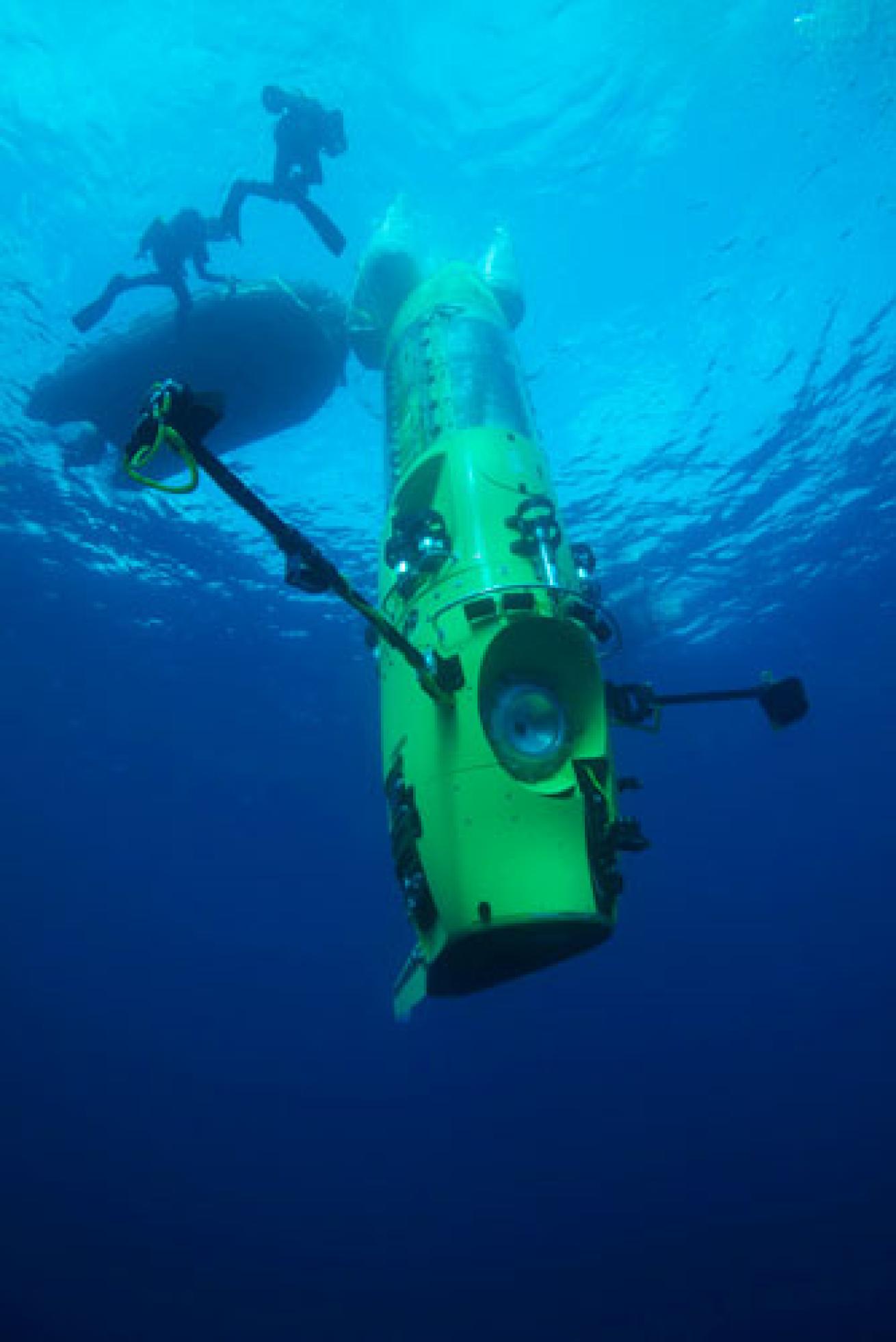
Ours wasn’t a scientific mission, but we knew it would prove invaluable. The vessel had been designed as a radical platform for new research, but before scientists could climb inside, we needed to prove its safety.
We continued on.
The temperature inside dipped to 45 degrees F — only slightly warmer than inside a refrigerator. We were in the perpetual blackness of the abyss, save for the vessel’s lights. Given our targeted destination, we expected to see things nobody had seen before. We watched jellyfish and translucent invertebrates with light-generating organs dance past the porthole.
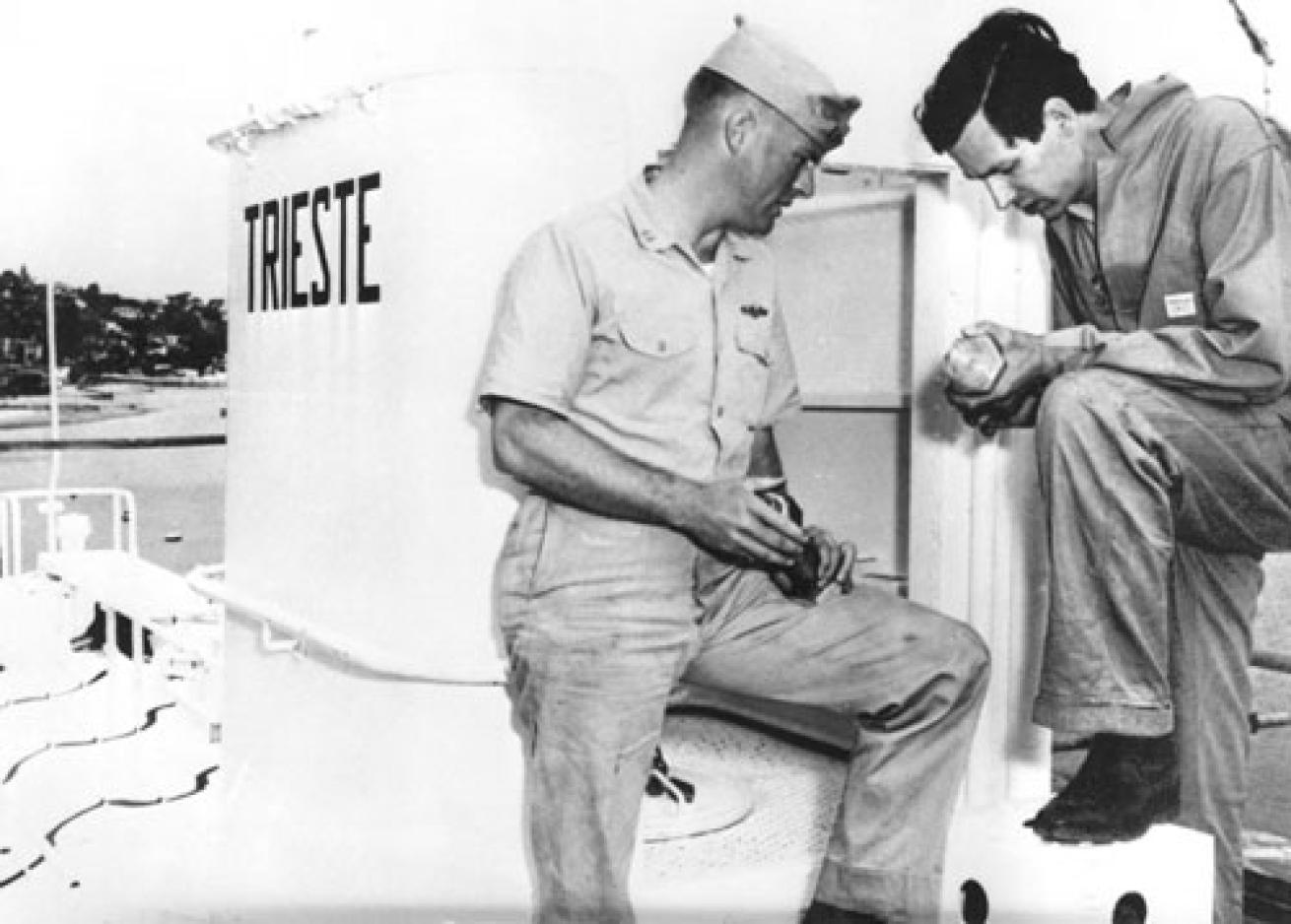
Then the bathyscaphe settled on the bottom — around 35,800 feet — releasing a mushroom cloud of white silt. It was as if we were swimming in a bowl of milk. Even after 20 minutes, it never cleared. No photographs of our achievement exist. I wish I could say we had said some profound words, but we just shared a quiet moment.
It has been 52 years since our mission to the deepest point of our planet’s oceans. Ever since, people have been asking me if I was scared or excited that day. I wasn’t. It was simply another day at the office for us, albeit one that required eight hours of unrelenting focus. What we felt was akin to what a pregnant mother feels just after delivery. In the end, every bit of energy had been drained from our bodies, but we had done it.
